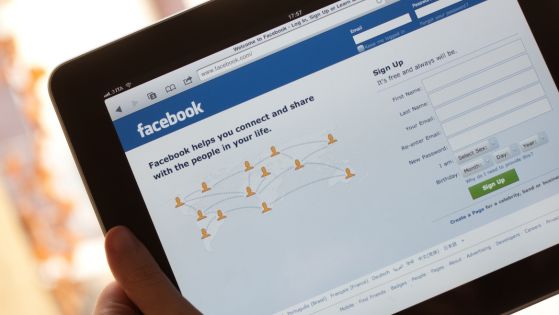In the world of social media, Facebook has emerged as one of the most popular platforms. With millions of users, it offers a variety of features to individuals and businesses alike. Among these features, two of the most prominent are Facebook pages and groups. While both these options serve the purpose of connecting people, they are fundamentally different in their structure, functionality, and purpose. In this article, we will discuss the Difference between facebook pages and groups in detail.

What are Facebook Pages?
Facebook pages are designed to be a public presence for businesses, organizations, public figures, and brands. They are created by individuals who represent these entities, and they serve as a platform to share information, connect with followers, and promote products or services. A Facebook page can be customized with a profile picture, cover photo, and other relevant details. Pages can be accessed by anyone on Facebook, and users can like, follow, or share the page.
Facebook pages provide businesses and organizations with a range of tools and features to promote their brand and connect with their audience. These features include:
Insights
Facebook pages provide data and analytics on the performance of the page, including information on engagement, reach, and audience demographics.
Advertising
Pages can be used to create Facebook ads that target specific audiences based on their interests, behaviors, and demographics.
Messaging
Facebook pages can be used to communicate with customers and followers through Facebook Messenger.
Call-to-Action
Pages can include a call-to-action button that directs visitors to take a specific action, such as visiting a website or signing up for a newsletter.
Events
Pages can be used to create and promote events, which can be shared with followers and friends.
What are Facebook Groups?
Facebook groups are designed to be a private space for individuals to connect around a shared interest, hobby, or topic. Groups can be created by anyone, and members can be added by the group administrator or can request to join. Groups can be public, closed, or secret, and they can be moderated by the group administrator or a team of moderators.
Facebook groups provide members with a range of tools and features to connect and communicate with other members. These features include:
Discussions
Groups can be used to start and participate in discussions around a shared interest or topic.
Files
Groups can be used to share files, such as documents, photos, and videos, with other members.
Polls
Groups can be used to create and participate in polls. Which can help members gather feedback and make decisions.
Events
Groups can be used to create and promote events, which can be shared with members and friends.
Messaging
Groups can be used to communicate with members through Facebook Messenger.
Differences between Facebook Pages and Groups
Purpose
The fundamental difference between Facebook pages and groups is their purpose. Pages are designed to be a public presence for businesses, organizations, and public figures, while groups are designed to be a private space for individuals to connect around a shared interest or topic.
Privacy
Pages are public, which means that anyone on Facebook can view the page and its content. Groups, on the other hand, can be public, closed, or secret, which means that their content is only visible to members of the group.
Membership
Pages do not have members, but rather followers who can like, follow, or share the page. Groups, on the other hand, have members who can participate in discussions, share files, and create events.
Moderation
Pages are moderated by the page administrator, who has control over the content that is posted on the page. Groups can also be moderated by the group administrator, but they can also have a team of moderators who help manage the content and discussions cont’d.
Purpose of Content
The content posted on a Facebook page is usually promotional or informational in nature, and it is intended to showcase the brand, business, or organization. In contrast, the content posted in Facebook groups is more conversational and collaborative, and it is focused on the interests or topics that the group members share.
Engagement
Pages are designed to be a one-way communication channel, where businesses and organizations share information with their followers. Groups, on the other hand, are designed to be a two-way communication channel, where members can engage in discussions, share their opinions, and collaborate with others.
Reach
Pages have a larger reach than groups, as they are public and can be accessed by anyone on Facebook. Groups, on the other hand, have a limited reach, as their content is only visible to members of the group.
Advertising
Pages can be used to create Facebook ads that target specific audiences based on their interests, behaviors, and demographics. Groups, on the other hand, cannot be used for advertising purposes.
Analytics
Pages provide businesses and organizations with a range of data and analytics on the performance of the page. Including information on engagement, reach, and audience demographics. Groups do not provide this level of analytics.
Conclusion
In conclusion, while Facebook pages and groups may appear similar at first glance, they serve fundamentally different purposes and have unique features and functionality. Facebook pages are designed for businesses, organizations, public figures, and brands to showcase their presence and promote their products or services. Facebook groups, on the other hand, are designed for individuals to connect around a shared interest or topic, and they provide a private space for collaboration and communication.
Understanding the differences between Facebook pages and groups is essential for businesses and individuals who are looking to leverage the power of social media to promote their brand, connect with their audience, and engage in meaningful conversations with their followers. By choosing the right platform and utilizing the features and functionality that best serve their purpose, businesses and individuals can maximize their reach and achieve their goals on Facebook.
